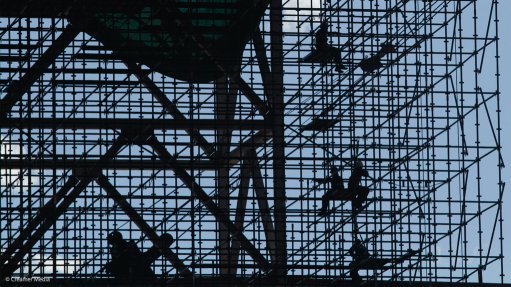
Photo by: Duane Daws
The State-owned Development of Bank of Southern Africa (DBSA) has issued the first request for project proposals from public and private entities seeking to tap the European Union’s (EU’s) R1.6-billion (€100-million) Infrastructure Investment Programme for South Africa (IIPSA).
In March, the DBSA was appointed as the EU’s and the South African government’s implementing agent for the fund, which has been designed to address the constraints to infrastructure development in South Africa and in the Southern African Development Community (SADC).
The fund’s key aim is to move priority energy, transport, water, information and communications technology, education and health projects from “concept to bankability”. But the specific support could be in the form of project development and preparation, direct investment grants, interest rate subsidies, or loan guarantee cost financing and insurance premiums.
In issuing the first request for proposals (RFP), the DBSA stressed that project proposals would need to be aligned with the government’s Medium-Term Strategic Framework and the National Development Plan, both of which also seek to enhance economic integration in the SADC region.
It also stressed that close corporations, nongovernmental organisations, community-based organisations, industry associations, cooperatives and nonprofit organisations where not eligible to participate in the RFP.
Applications would need to be submitted online using an application form that will be available at www.dbsa.org from May 2. The RFP closes on June 2, 2014.
In a recent briefing, EU head of delegation to South Africa Ambassador Roeland van de Geer said IIPSA represented the EU’s new approach to infrastructure support in Africa, adding it was premised on greater cooperation between the EU and African governments.
The bloc was aiming to mobilise up to €30-billion in investment, including for infrastructure. But infrastructure investments would be pursued through a blending of EU and private sector funding rather than as official development assistance.